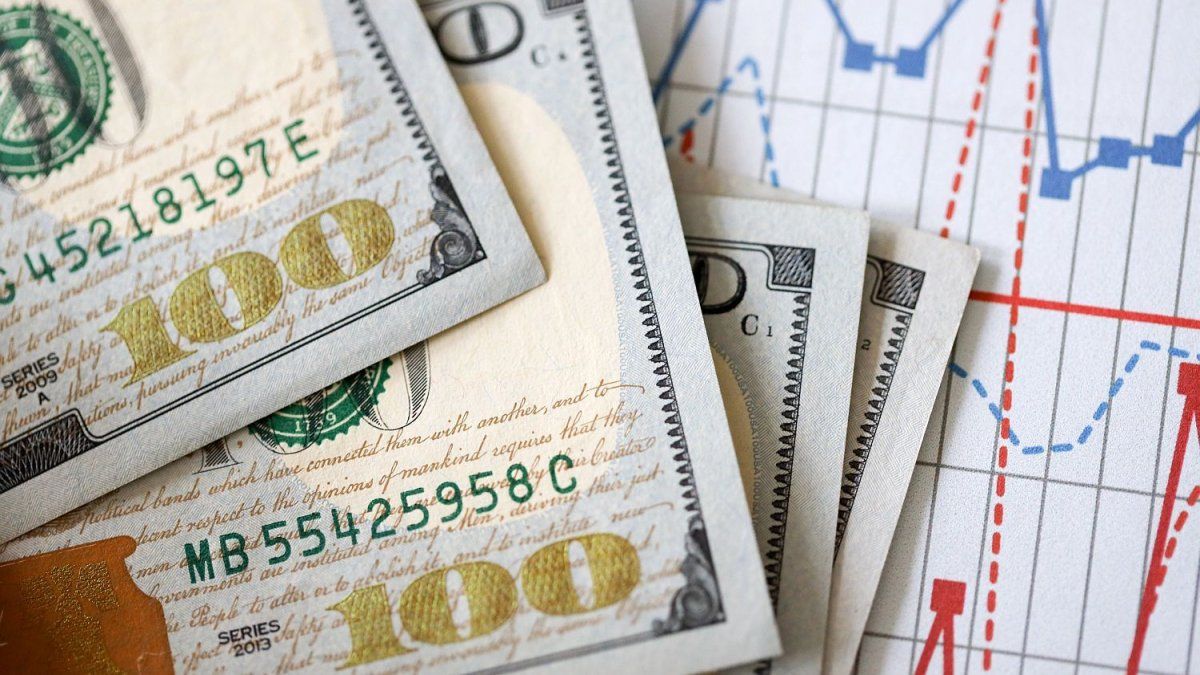Menu
Spirits: China finally imposes tariffs on EU wine brandy
Categories
Most Read
With the new CPI, registered salaries accumulate a real drop of 11% under the management of Javier Milei
October 6, 2025
No Comments
They discussed details of financial salvage
October 6, 2025
No Comments
Prime Deal Days 2025: The first offers at a glance
October 6, 2025
No Comments
Intelligence: Why the high school is not the best choice for everyone
October 6, 2025
No Comments
An ex -male milei ensures that this time is not different and returns to cargo due to dollarization
October 6, 2025
No Comments
Latest Posts

Israel and Hamas prepare to talk about a possible fire in Egypt
October 6, 2025
No Comments
October 6, 2025 – 19:04 Waiting for news of a break in the conflict, delegations of Hamas and Israel approach in Cairo. Israel and Hamas

Dollar: how much will the currency arrive at the end of the year, according to the market
October 6, 2025
No Comments
October 6, 2025 – 18:50 The nominal exchange rate projections for the coming months rose strongly with respect to the previous REM. Depositphotos According to

Market gurús foresee that inflation will not fall from 2% to 2026 and they already estimate growth less than 4% by 2025
October 6, 2025
No Comments
October 6, 2025 – 18:31 The projections of the participants of the REM worsened again in September, month marked by the electoral setback of the
24 Hours Worlds is a comprehensive source of instant world current affairs, offering up-to-the-minute coverage of breaking news and events from around the globe. With a team of experienced journalists and experts on hand 24/7.

